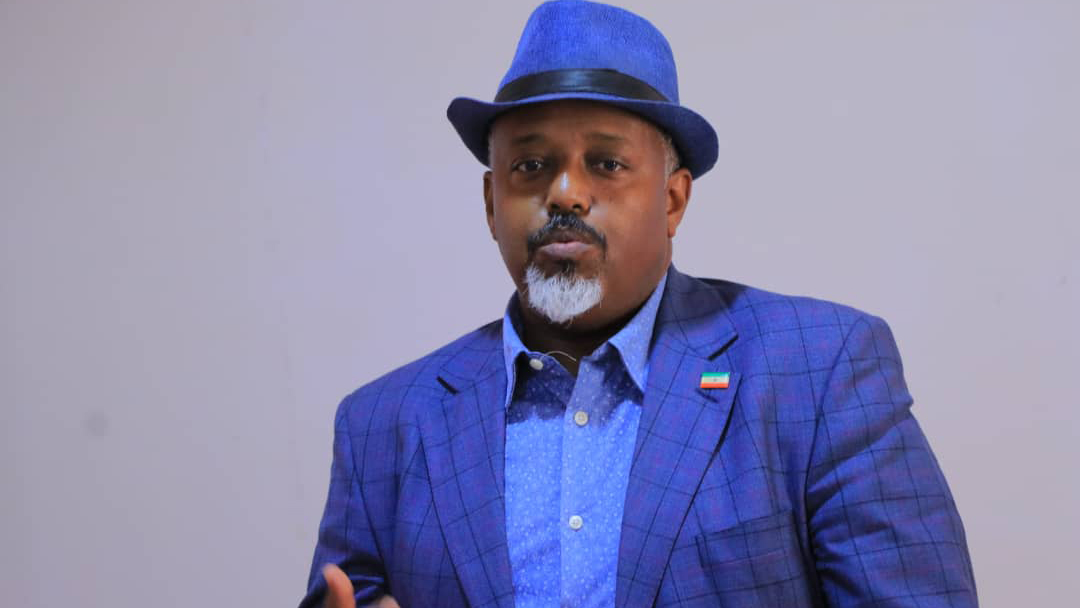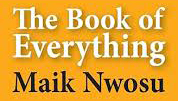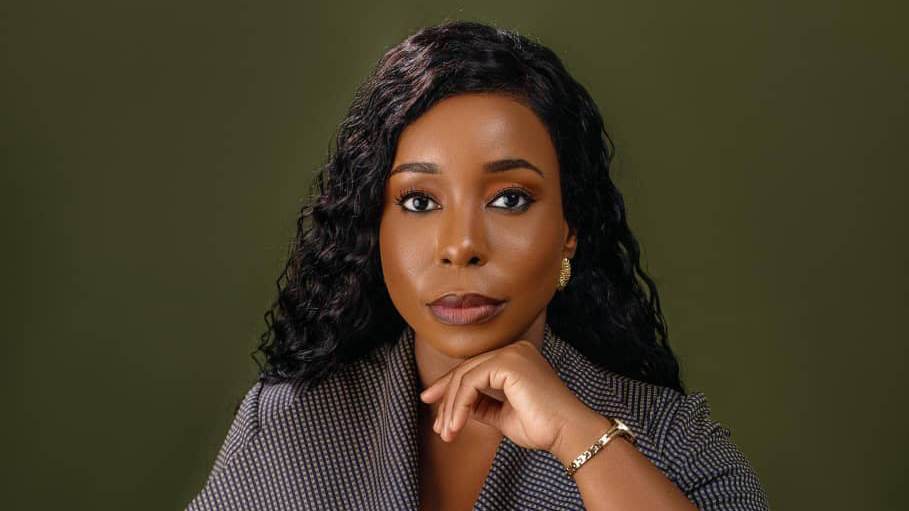There are too many writers willing to soften their stories to make readers comfortable. In an era where much of the literary landscape is cluttered with safe, marketable confessions, Abayomi Olusunle emerges as something else entirely: a voice of uncompromising clarity. At 28, she has built a professional literary practice that demands you see what systems do to people.
She writes fiction and creative nonfiction that refuses false comfort, publishing across the World Economic Forum, Black Ballad, Nottingham Trent University’s HealthyNTU blog, Black Minds Matter UK and independently through her Substack.
Her essays constitute one of the most incisive literary interventions in contemporary discourse on identity and structural violence. What distinguishes her work is the refusal to separate formal innovation from political urgency.
What is perhaps most striking about Olusunle’s work for the World Economic Forum is her refusal to let global platforms dilute her analysis.
Her essays on neurodiversity in leadership, sustainable urban planning, and institutional change resist the optimism that typically characterises thought leadership. Instead, she uses access to these high-visibility forums to insist that neurodivergent perspectives are not a matter of individual representation but of epistemological necessity.
She argues, with careful precision, that the built environment, executive spaces, and emerging technologies are designed without neurodivergent input and therefore structurally fail neurodivergent people. In these pieces, she demonstrates that institutional critique can coexist with platform visibility.
She does not soften her argument for a global audience. Rather, she sharpens it, making the case that including neurodivergent minds is not an accommodation but a requirement for systems that actually work. This is rare in spaces often dominated by corporate platitudes about diversity.
Her method is precision. In “Black Women Living With HIV On Motherhood, Misconceptions & Their Mental Health” (Black Ballad), she refuses the sanitised narratives of health journalism. Instead, she centres Black women’s full humanity, their desires, sexuality, and motherhood, within a system designed to erase them.
The piece moves between personal testimony and structural analysis, dismantling medical racism and gendered stigma through the specificity of lived experience rendered with artistic sophistication. It is literature as a political act.
“I Had To Move Countries To Find Out I Am Neurodiverse” operates similarly. Olusunle maps neurodivergence not as individual pathology but as epistemological displacement. Using narrative fragmentation and intimate reflection, she exposes how diagnostic frameworks are rooted in cultural and geographic context.
Migration becomes a moment where identity itself becomes legible differently, where pathology and knowledge collapse into one another. The essay refuses sentimentality while offering rigorous critique embedded in emotional truth.
Across her published work, she demonstrates a distinctive artistic approach: the deliberate blurring of fiction and nonfiction forms. Whether writing about vitamin D deficiency, therapy stigma in Black communities, or mental health crises, her method remains constant.
The personal is theorised. The intimate becomes structural analysis. The vulnerable becomes incisive. Her essays “Managing Suicidal Thoughts” and “Why are we so scared of therapy? A Focus on the Black Community” (Nottingham Trent University) refuses the recuperative narrative of mental health discourse, instead mapping how institutional violence becomes internalised. She demonstrates, with unflinching clarity, how therapy itself can reproduce the very power structures it claims to heal.
Her work with Black Minds Matter UK, “Healing and preserving peace: A year on from the resurgence of BLM,” refuses the commemorative mode that dominates anniversary journalism. Instead, she interrogates how collective trauma demands ongoing practices of care and political organising.
Healing, in her formulation, is political work, not individual recovery. The essay holds both intimacy and critique simultaneously, making visible the labour of survival itself.
What emerges from these publications is an artist equally at home in boardrooms and on the page. Colleagues describe her as an exceptional public speaker who “always speaks from the heart about her experiences while also uplifting others,” as a co-founder of initiatives that foreground Black brilliance in business while remaining “organised, responsive and kind.”
Event hosts speak of being “impressed” by a presentation style that is “warm and informative,” underpinned by impeccable communication and visible “passion for inclusivity.”
Attendees found themselves laughing, nodding, taking notes, held in a space where critical reflection and relief could coexist.
Her organisational work reveals the same commitment to rigour. Those who have shared platforms with her remember events that were “brilliantly organised, really informative and a fantastic experience.” Cross-border collaborators report being “continuously impressed by the knowledge she brought to the table and her dedication to finishing the tasks,” emphasising her “strong communication, digital and interpersonal skills.”
Colleagues call her “an absolute pleasure to work with,” someone who “makes you feel comfortable” while discussing “topics that can be uncomfortable but need light shed on them.” She is described as soft-spoken yet commanding, as someone who ensures “no one is left behind” whether in small groups or large.
She is remembered for building brand presence while never losing sight of people. One account recalls how she helped bring not only local audiences but also participants from Eastern Europe and West Africa into the work of a Birmingham-based hub, embodying the very global sensibilities her writing explores. The recurring verdict: if something needs to be done, she will get it done.
It would be tempting to separate the organiser from the artist on the page. Olusunle’s practice resists that split. The same qualities that shape her collaborations inform her writing. In fiction and creative nonfiction alike, she is attentive to who is in the room, who carries which stories, whose silence is being misread.
Her Substack serves as the laboratory for this integrated practice. Free from editorial constraint, she develops her distinctive voice across multiple forms, exploring intimacy, friendship, class, desire, and survival with sophistication rarely permitted elsewhere.
The boundary between fiction and nonfiction becomes deliberately porous. She moves between modes, sometimes within a single essay, to capture the texture of lived experience and its structural conditions.
The personal becomes explicitly theoretical. Artistic experimentation serves intellectual rigour. The work is meticulous, retaining emotional immediacy while never losing sight of structure, history and power.
At a time when personal narratives are often flattened into consumable content, Olusunle’s practice insists on consequence. Her stories and essays do not let the reader off the hook.
They ask what it costs to live in the bodies and minds she describes, and what might be required of us if we truly believed those costs were unacceptable.
Her integration of fiction and creative nonfiction allows her to access truths that neither form alone could reach, moving between the specific and the systemic, the intimate and the political, with seamless precision.
This is a writer at the height of her powers, producing work that will define how we understand the intersections of race, illness, neurodivergence, and survival for the next generation.
Abayomi Olusunle’s refusal to separate form from politics, her fluid movement between fiction and creative nonfiction, her commitment to complexity and rigour, marks her as essential to contemporary literary discourse. She is not emerging.
She has arrived. And the literary and institutional landscape is already shifting to accommodate her.






